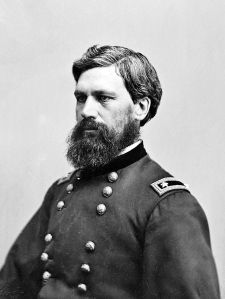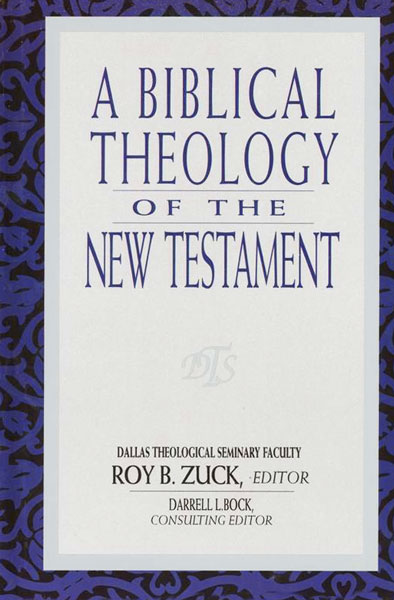Over the past few years, I’ve had the privilege of walking closely alongside leaders serving in Christian higher education
and asking them some very personal questions about the challenges they face. Many carry enormous responsibility — navigating cultural changes, financial pressure, theological issues, and the daily spiritual care of students, faculty, and staff (not to mention their own).
Through my doctoral research, I sought to understand what sets apart leaders who leave after 3-4 years (the norm) and those who are still effective under pressure. Based upon so much reading on resilience (Solomon rightly said that "there is no end of books") I expected to find the leaders I connected with would talk about the value of a positive perspective, optimism, and their ability to focus on "eating the elephant one bite at a time." Surprisingly, they all thought those ideas were largely unhelpful in the long run.
I’m grateful to share that this work has now been published in the Journal of Christian Ministry, a publication of the Association of Doctor of Ministry Education. The article is titled: "The Surprising Resilience of Christian Higher Education Administrators” (link)
In it, I explore both personal and institutional factors that contribute to flourishing, even in seasons of disorientation and cultural disruption.
For those who serve in theological education, Christian leadership, or are discerning a future in ministry, I hope these findings are helpful. More than anything, I hope they testify to the competence and capability of God.
If the article resonates with you, I’d love to hear your thoughts. And if you know someone who serves in this space, please consider sharing it with them.




 For the past 5-6 days I have been bed-ridden due to a back injury and while the pain has likely been worse than I have yet experienced
For the past 5-6 days I have been bed-ridden due to a back injury and while the pain has likely been worse than I have yet experienced  "I hardly know whether to congratulate you or not, but of one thing you may rest assured, that you possess my entire confidence, and I cannot imagine that matters that may involve the future of [...] souls could be put in more charitable and more conscientious hands. So far as man can do, I believe you will, but I fear you have Hercules’ task. God has limited the power of man, and though in the kindness of your heart you would alleviate all the ills of humanity it is not in your power, nor is it in your power to fulfill onetenth part of the expectations [...]. It is simply impracticable. Yet you can and will do all the good one man may, and that is all you are called on as a man and Christian to do, and to that extent count on me as a friend and fellow soldier for counsel and assistance."
"I hardly know whether to congratulate you or not, but of one thing you may rest assured, that you possess my entire confidence, and I cannot imagine that matters that may involve the future of [...] souls could be put in more charitable and more conscientious hands. So far as man can do, I believe you will, but I fear you have Hercules’ task. God has limited the power of man, and though in the kindness of your heart you would alleviate all the ills of humanity it is not in your power, nor is it in your power to fulfill onetenth part of the expectations [...]. It is simply impracticable. Yet you can and will do all the good one man may, and that is all you are called on as a man and Christian to do, and to that extent count on me as a friend and fellow soldier for counsel and assistance."

